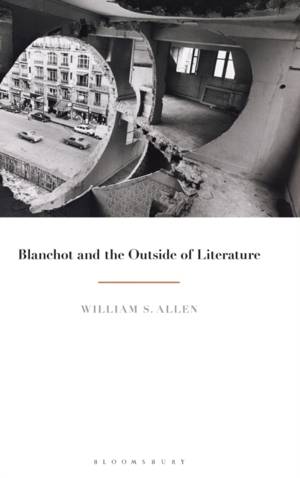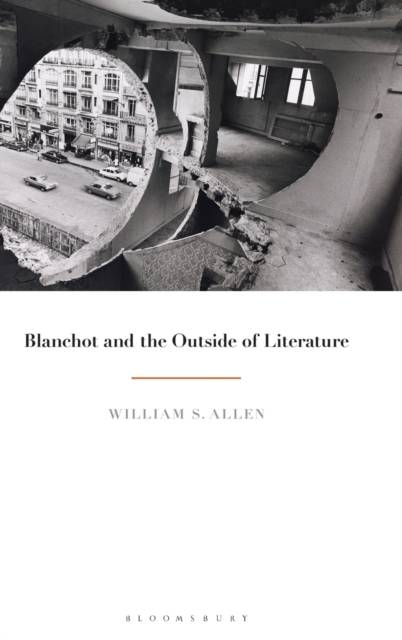
Door een staking bij bpost kan je online bestelling op dit moment iets langer onderweg zijn dan voorzien. Dringend iets nodig? Onze winkels ontvangen jou met open armen!
- Afhalen na 1 uur in een winkel met voorraad
- Gratis thuislevering in België vanaf € 30
- Ruim aanbod met 7 miljoen producten
Door een staking bij bpost kan je online bestelling op dit moment iets langer onderweg zijn dan voorzien. Dringend iets nodig? Onze winkels ontvangen jou met open armen!
- Afhalen na 1 uur in een winkel met voorraad
- Gratis thuislevering in België vanaf € 30
- Ruim aanbod met 7 miljoen producten
Zoeken
€ 296,95
+ 593 punten
Uitvoering
Omschrijving
Maurice Blanchot's writings have played a critical role in the development of 20th-century French thought, but the implicit tension in this role has rarely been addressed directly. Reading Blanchot involves understanding how literature can have an effect on philosophy, to the extent of putting philosophy itself in question by exposing a different and literary mode of thought. However, as this mode is to be found most substantially in the peculiar density of his fictional writings, rather than in his theoretical or critical works, the demand on readers to grasp its implications for thought is rendered more difficult. Blanchot and the Outside of Literature provides a detailed and far-reaching explication of how Blanchot's works changed in the postwar period during which he arrived at this complex and distinctive form of writing.
Specificaties
Betrokkenen
- Auteur(s):
- Uitgeverij:
Inhoud
- Aantal bladzijden:
- 232
- Taal:
- Engels
Eigenschappen
- Productcode (EAN):
- 9781501345241
- Verschijningsdatum:
- 18/10/2018
- Uitvoering:
- Hardcover
- Formaat:
- Genaaid
- Afmetingen:
- 152 mm x 234 mm
- Gewicht:
- 498 g

Alleen bij Standaard Boekhandel
+ 593 punten op je klantenkaart van Standaard Boekhandel
Beoordelingen
We publiceren alleen reviews die voldoen aan de voorwaarden voor reviews. Bekijk onze voorwaarden voor reviews.











